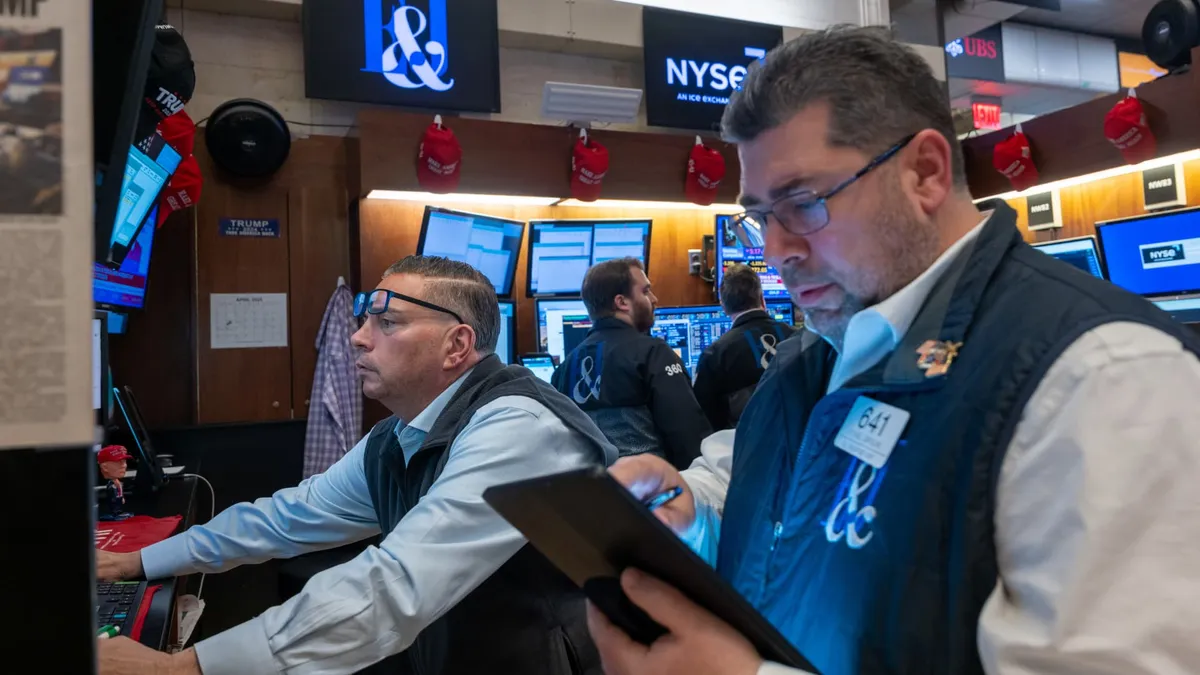
Stock futures witnessed an upswing on Sunday as Wall Street seeks to evaluate President Donald Trump's latest tariff strategies. Specifically, S&P 500 futures gained 0.5%, while Nasdaq-100 futures increased by 0.8%. Additionally, futures associated with the Dow Jones Industrial Average saw a rise of 109 points, or 0.3%. This positive movement in futures comes in the wake of Trump's recent decisions regarding tariffs.
According to newly issued guidance from U.S. Customs and Border Protection on Friday, President Trump has exempted certain products, including smartphones, computers, and various other devices and components like semiconductors, from his latest reciprocal tariffs. However, both Trump and Commerce Secretary Howard Lutnick indicated on Sunday that these exemptions may not be permanent, which has only added to the ongoing uncertainty surrounding tariffs.
In a post on Truth Social, Trump clarified that while these products are currently exempt, they remain subject to the existing 20% Fentanyl Tariffs, suggesting that they are simply being reassigned to a different tariff category.
The developments regarding tariffs have notably impacted shares of the Magnificent Seven, a group of high-profile tech stocks. Since Trump’s announcement regarding the liberation day tariffs earlier this month, the CNBC Magnificent 7 Index has experienced a decline of approximately 5%. Apple, one of the most affected companies, has seen its market capitalization plummet by nearly $640 billion within just three trading days following the tariff announcement.
Last week was marked by significant volatility, becoming one of the most turbulent trading periods recorded on Wall Street. The CBOE Volatility Index spiked above 50 on Thursday, as stocks retraced some of their historic gains from the previous day. Following Trump's announcement of a 90-day reprieve on several new tariffs, the market experienced a substantial rally on Wednesday, marking its third-largest one-day gain since World War II.
This mid-week delay on certain non-China tariffs, coupled with strong earnings reports from banks and growing optimism regarding potential Federal Reserve intervention, helped stimulate gains in U.S. equities. According to Lori Calvasina, head of U.S. equity strategy at RBC Capital Markets, some of the gains on Wednesday can also be attributed to short covering.
Despite last week’s rally, all three major indices remain significantly down since the announcement of the reciprocal tariffs. The S&P 500 has experienced a decline of 5.4%, while the Nasdaq Composite and Dow Jones Industrial Average have fallen approximately 5% and 4.8%, respectively. These figures highlight the ongoing challenges facing investors amid tariff uncertainties and concerns about a potential recession.